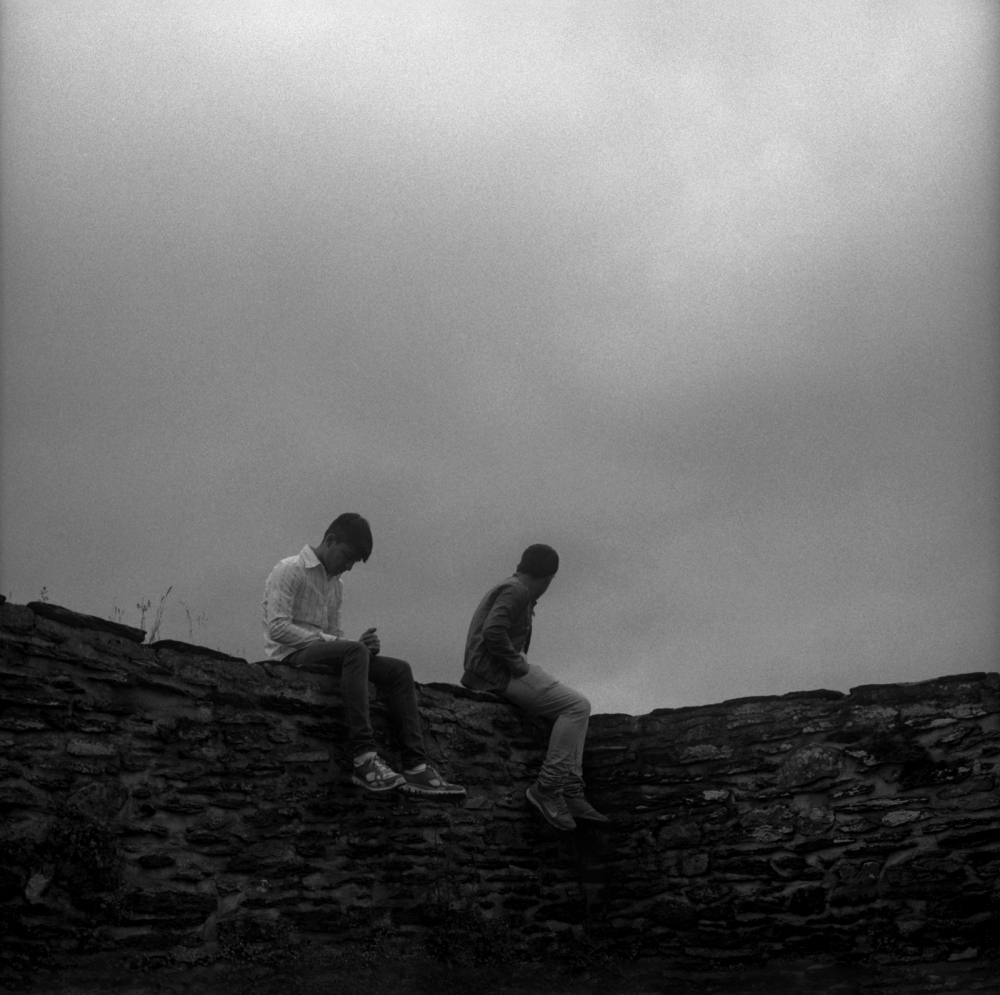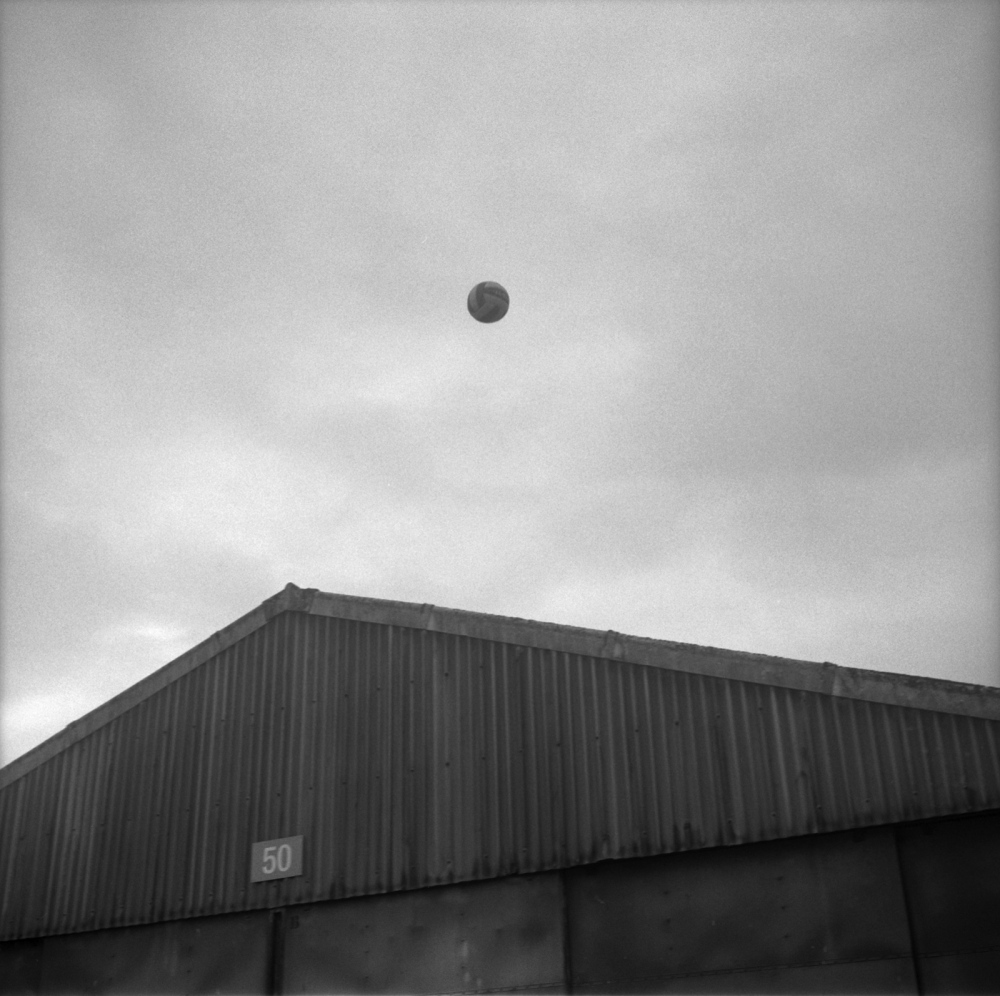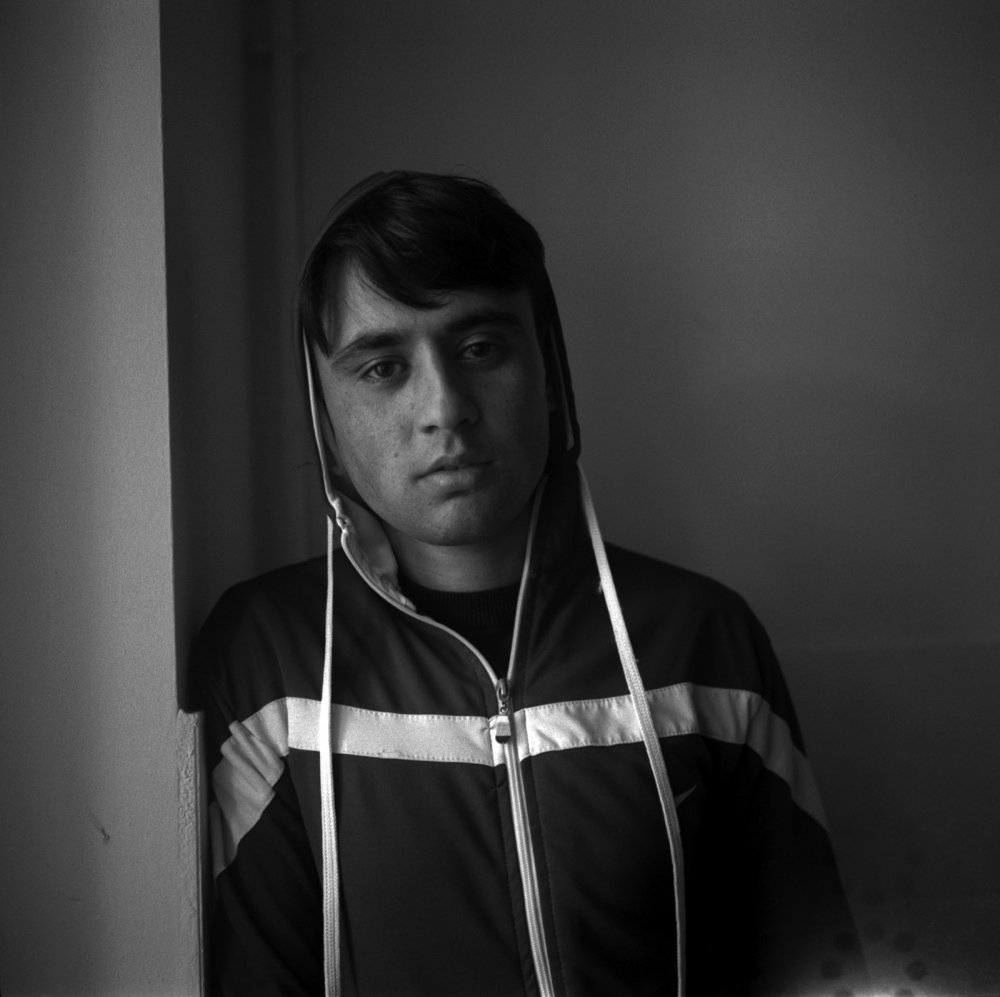WELCOME
Since the dawn of time people have migrated. There are now more displaced people and refugees than at any other time in recorded history.
Among those who go into exile, some are more vulnerable than others. In 2015 one in four asylum seekers in Europe was a child, some unaccompanied by parents, sent by them into exile because they saw no future for them at home. Some lost their parents on the way. Tens of thousands of unaccompanied children arrived by sea. Some walked thousands of miles. They come younger and younger.
In the meantime borders are closing, fear and xenophobia are rising. In Europe today, the climate is tense and paranoid. In 18 months terrorism has claimed 236 lives in France only.
Nowhere is the tension felt more than in the neighborhoods where refugees from outside Europe are living, refugees fleeing the same people terrorizing western Europe. It seems more crucial than ever to address the different issues of immigration.
Qais, Mohammed, Omar, Mansoor, Jamshed, Qudratullah, Sulaiman, … They all walked for months to reach a place where they could start a new life. They fled war, persecution, terrorism, forced marriages, hunger. They experienced violence and incredible trauma. They were shot at. They ended up in jail. They were robbed. They went without food for days. They hid in the toolbox of a truck. They sometimes were victims of human traffickers.
Despithe the strength they showed through their journey, they are still children. They are mostly boys between 16 and 18 years old. Leaving everything behind is a brutal rupture. Without the support of their family, of their social network, they have to rebuild themselves in an unknown environment. Some of them have already acquired a certain autonomy in their country, and during their long journey. But they have now to learn to be responsible, meaning to make choices and take decisions, and to be part of a society with different codes and values.
I was an immigrant myself, to New York City and the United States. In 1996, when I was 27 years old, I sold everything and packed my bags to pursue a career in photography. With the hubris of a white European with an advanced degree in economics, it never occurred to me to think of myself as an immigrant.
It came home to me pretty quickly what that meant after a series of jobs that included handing out flyers in Times Square, doing people’s laundry, rapid chain-toasting bagels in a cheap diner, and modeling in painting classes for bone-tiring hours. It took years to rise on the economic scale.
The irony is that after fifteen years, I decided to return to Belgium so that I felt I could raise my daughter in a safer environment.
I can not conceive that I would some day see no possibility other than sending my child alone on such a perilous journey.
With the support of MAGNUM FOUNDATION























































